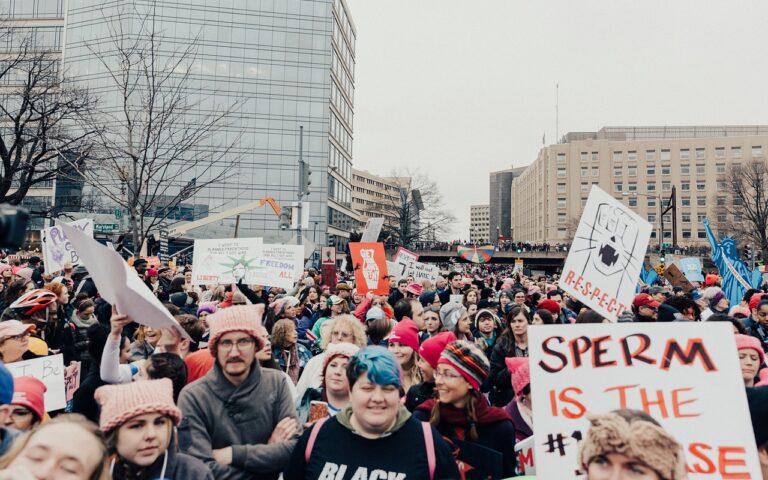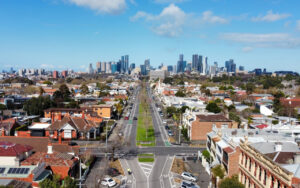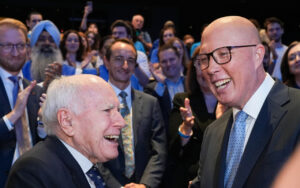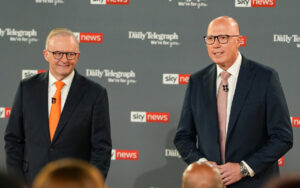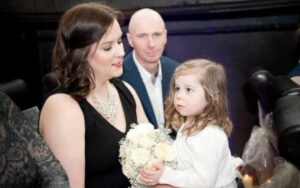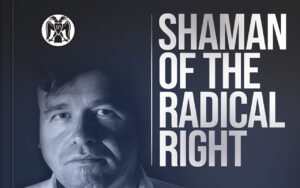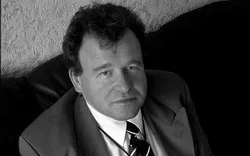Young women are becoming much more liberal while young men are becoming more conservative, an analysis of global polling data has shown.
The research on survey results from the US, Germany, the UK, and South Korea highlights a growing “ideology gap” between men and women aged 18-29, the Financial Times reported.
The FT analysis shows that young women are now 30 percentage points more liberal than men in the US and Germany, up from less than 10 a decade ago.
In the UK, where both sexes are much more liberal, the gap is 25 points, and in South Korea the difference has gone from about five in 2015 to more than 50 eight years later. The situation is similar in China, Tunisia, and Poland.
In Korea the sudden split has been accompanied by plummeting marriage and birth rates, and in the last election young men and women voted in equal proportions for the conservative People Power party and the liberal Democratic party respectively.
This gender divergence helps to explain why Gen Z when viewed as a whole is extremely progressive on some issues, and more conservative than expected on others.
The author, data journalist John Burn-Murdoch, expanded on the article in a thread on X , showing the growing chasm between male and female views is largely confined to younger age groups and goes beyond gender issues.
One graph shows that while roughly equal single digit percentages of South Koreans aged 65+ disagree with the statement “what women really want is a family and children, although they like to work too”, about 27% of young men disagree compared to 43% of young women.
Another shows a large gap has developed between British men and women on race and immigration. In 2014 more woman than men – 29% to 20% – agreed that “immigration undermines Britain’s cultural life, but now fewer than 5% of women agree while 16% of men do.
A third graph in the thread also illustrates a gender divergence in Germany on attitudes to immigrants. Men aged 18-29 are now more conservative on immigration than those aged 65+, young women are more than twice as liberal as those in any other age group.
Almost 10% of young women disagree that “foreigners living in Germany should better adapt their lifestyle to that of Germans, compared to just over 2.5% of men.
An analysis by Business Insider of US Gallup Poll data showed similar results.
According to Gallup 25% of young American men identify as liberal, roughly the same as in 2014. In contrast, 42% of young women are liberals, about 10 percentage points higher than ten years earlier.
At the same time, the Survey Center on American Life’s Political Coalitions Survey 2023 found that young women are more liberal on every major issue except for illegal immigration, where there is a statistically insignificant 1% difference.
In his X thread Mr Burn-Murdoch said one theory for the cause of the gender ideology gap was “negative polarisation”.
“In the wake of the Me Too movement, young women have both become more progressive and more vocal about their views. Many young men feel threatened and have reacted by taking the opposite position,” he wrote.
Another theory is that men and women increasingly dwell in different online spaces where opposing cultures and ideologies can quickly grow and spread, resulting in “a generation who find each other’s views incomprehensible at best, intolerable at worst”.
The statistics referenced in the FT piece and by Business Insider were not broken down by race, ethnicity, income or education level.
NEW: an ideological divide is emerging between young men and women in many countries around the world.
I think this one of the most important social trends unfolding today, and provides the answer to several puzzles. pic.twitter.com/kG4qQReqfT
— John Burn-Murdoch (@jburnmurdoch) January 26, 2024
